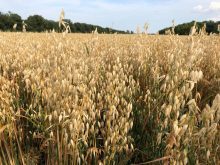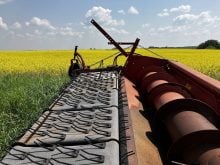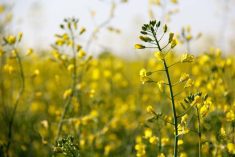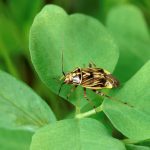U.S. federal antitrust regulators have cleared Viterra’s plans to buy its way into the U.S. pasta processing business.
Regina-based Viterra last month put a US$240 million cash offer on the table with a May 3 deadline for all outstanding shares of Dakota Growers Pasta Co.
Based at Carrington, N.D., about 200 km northeast of Bismarck, Dakota Growers operates one of North America’s largest durum mills and is the third biggest maker and marketer of dry pasta products.
The U.S. Federal Trade Commission (FTC) on Tuesday granted early termination of Viterra’s waiting period, required under the U.S. Antitrust Improvements (Hart-Scott-Rodino, or HSR) Act.
Read Also
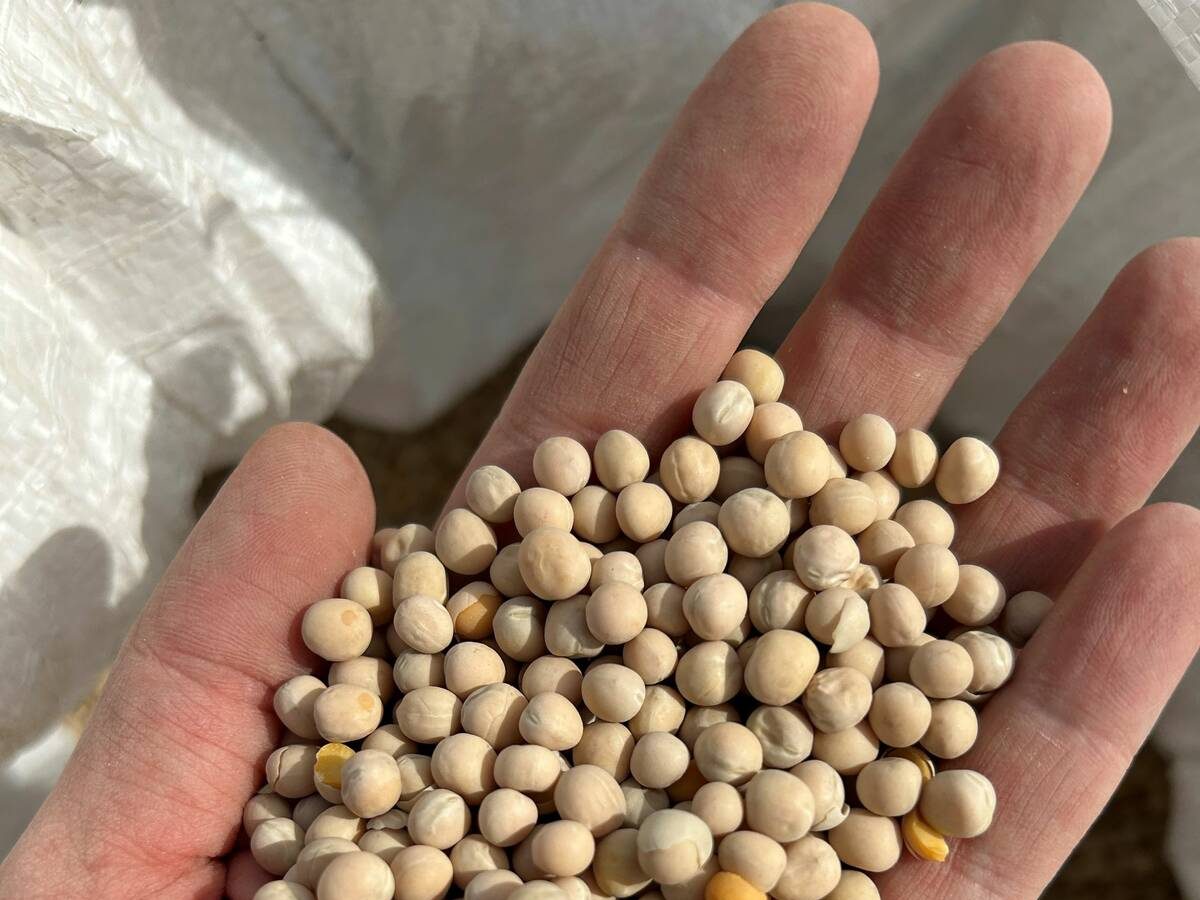
Pulse Weekly: Despite dropped tariffs, work remains for Pulse Canada
Pulse Canada was relieved when China announced the removal of 100 per cent tariffs on Canadian yellow peas on Jan. 16, but work still needs to be done in India.
The HSR Act gives the U.S. government time and authority to review mergers, acquisitions or other consolidations for their potential effects on competition.
HSR clearance is the only regulatory approval needed for Viterra’s deal, which still requires the tender of more than 50 per cent of Dakota Growers’ outstanding common shares.
Viterra is offering US$18.28 per share of Dakota Growers common stock and US10 cents for each share of the pasta firm’s Series D preferred stock.
The deal, already approved by both companies’ boards of directors, already has lock-up agreements in place with Dakota Growers’ major shareholders, accounting for a stake of about 29 per cent.




